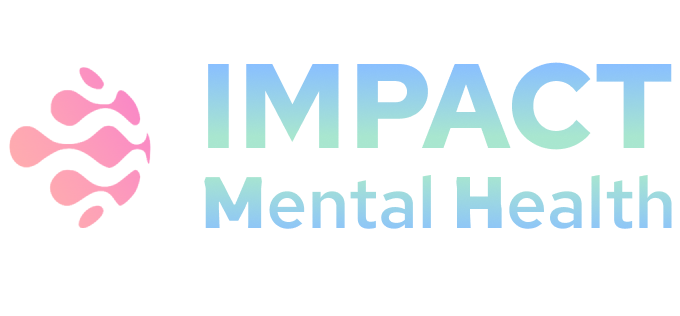Project Leaders
Project Number
1U01MH136497-01
Awardee Organization
YALE UNIVERSITY
Program Official
DAVID I. LEITMAN
Project Description
Psychiatric symptoms are a leading cause of suffering and disability worldwide. Decades of research have focused on understanding their etiology and underpinnings, typically using a diagnosis-based approach in which individuals with a given condition are compared to a matched ‘control’ group. Less work has focused on characterizing the longitudinal course of symptoms at the individual level in relation to underlying cognitive, affective, and behavioral mechanisms. Recognizing that most (if not all) psychiatric disorders are defined by their longitudinal course, this application moves beyond the limitations of traditional diagnosis-centered and ‘case-control’ designs to collect longitudinal data over two years from a large sample (N=2400), highly enriched for psychopathology across a wide range of traditional diagnoses, to identify predictive markers of symptom change using assessments that can be easily implemented in real-world settings. Specifically, the following types of data will be collected: (i) data embedded in electronic health records (EHR), including social determinants of health; (ii) traditional clinical measures typically used in diagnosis-based approaches (e.g., clinical interviews, well- validated clinical scales); (iii) recently developed computational behavioral tasks with demonstrated sensitivity to latent constructs and to within-person change; (iv) short gamified behavioral measures of mood and reward-relevant constructs, measured repeatedly; (v) spoken narrative responses to uniform prompts for natural language processing (NLP) analyses; and (vi) patient-derived and NIH Toolbox continuous measures of key transdiagnostic outcomes. These data will be analyzed using advanced statistical and machine learning approaches (e.g., latent growth curve modeling, neural network transformer modeling), consistent with the recommendations set forth in the IMPACT-MH RFA.
In AIM 1, this rich dataset will be used to test the predictive value of ‘traditional’ (EHR, other clinical) vs computational and NLP data in predicting outcomes. Further, the differential predictive value of combinations of measures, including sparse and dense behavioral sampling, seeking to identify a minimum set of measures with maximum added clinical value will be tested.
In AIM 2, we will examine the longitudinal clinical trajectories using data-driven trajectory analysis of multidimensional clinical and computational fingerprints will be examined. This approach may ultimately be used to generate normative models to track and forecast clinical course in patients.
Finally, in AIM 3, the researchers will seek to identify subgroups, based on computational fingerprint similarities at baseline, that predict differences in outcomes at 2-year follow-up, and to test whether optimal predictive models differ among such subgroups. This rich dataset will have enormous value beyond these three Aims. The researchers are recruiting from established diagnosis- and population-specific research programs; combination of the longitudinal data collected here with additional data collected by these programs, including neuroimaging and genetics, will create rich opportunities for secondary and exploratory analyses in subgroups. Finally, these data will be made available to the community, in deidentified form in collaboration with the IMPACT-MH Data Coordinating Center, for exploratory and confirmatory analysis by others.
Public Health Relevance Statement
Despite significant advances in research and clinical care for mental illness, prediction of clinical course at the individual level remains elusive, in part due to a dearth of longitudinal data collected using assessments sensitive to individual change over time. Using a combination of ‘traditional’ clinical information (e.g., health records, standardized assessments) and more novel computational data (e.g., behavioral tasks with demonstrated sensitivity to latent constructs and to within-person change), this IMPACT-MH project will collect longitudinal data from a cohort of 2400 individuals, highly enriched for psychopathology across multiple diagnostic categories. These data will be used to conduct person-centered analyses focused on (i) individual-level prediction of outcomes; (ii) characterization of diverse clinical trajectories; and (iii) data-driven analyses to identify subgroups (aka, ‘biotypes’) that predict differences in outcomes at 2 years.



